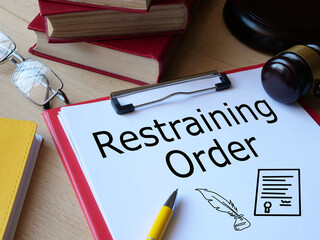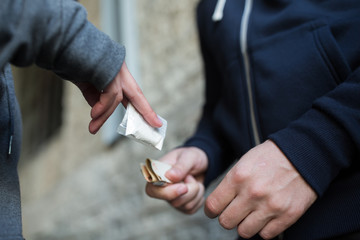
When you commit a traffic violation in New Jersey, you’ll usually be ticketed, which ticket also serves as a traffic summons. Traffic violations can include everything from illegal parking to a DUI (driving under the influence). Sometimes, if the circumstances warrant it, traffic violations are punished very severely, with hefty fines, points on their driving record, license suspension, and even jail time.
This blog will teach you the basics of traffic violations in New Jersey, as well as what separates them from criminal charges. If you’ve been charged with a traffic violation, whether as an infraction or as a traffic crime, you would be well-served by reaching out to a Mercer County criminal defense lawyer.
The First Classification: Moving or Non-Moving
To fully explain New Jersey traffic violations, we first need to begin by addressing one of the main distinctions in traffic law: moving and non-moving traffic violations. As contained in the name itself, moving violations apply when a vehicle is in motion and non-moving violations apply when it is at rest. Moving violations include not wearing a seatbelt while driving or driving under the influence of drugs or alcohol, while non-moving violations can be parking illegally or having broken headlights. The person then driving the car will be held responsible for a moving violation, but whoever is the registrant of the car will be responsible for non-moving violations. The ticket with its attendant fine will typically be mailed to the registrant, if an officer doesn’t hand it directly to them.
Pleading Guilty to a Traffic Violation in the NJ Point System
Many people choose to just pay the fine on the ticket. By so doing, however, they are pleading guilty to the charge. If, instead, the accused wants to dispute the charge, they will have to go to municipal court in the town where the alleged violation occurred.
It is important to remember that paying the fine carries several longer-term consequences beyond just the monetary price. New Jersey uses a point system. Every time someone is found guilty of a traffic violation in New Jersey, they are given a certain number of points, depending on what specifically they did. Running a stop sign, for instance, costs 2 points when the accused is found or pleads guilty. Once a driver has 12 or more points on their license, their license will be suspended.
Traffic Violations into Criminal Violations
Many controversial offenses are still considered traffic offenses and not fully crimes. A good example would be a DUI. Unlike other states, a DUI is not a crime in New Jersey but instead is classified as a traffic offense. Other traffic violations in the state include speeding and driving with a suspended license.
Some actions, however, are grave enough that New Jersey treats them as traffic crimes instead of merely offenses. If an accused driver neither pays their ticket nor appears in court to dispute, the state may eventually even issue a warrant for the driver’s arrest after they fail to appear.
What other states call felonies, New Jersey called indictable crimes, and there are indictable crimes that can arise out of traffic violations. Vehicular manslaughter, vehicular homicide, and leaving the scene of an accident are all indictable traffic-related crimes in New Jersey.

